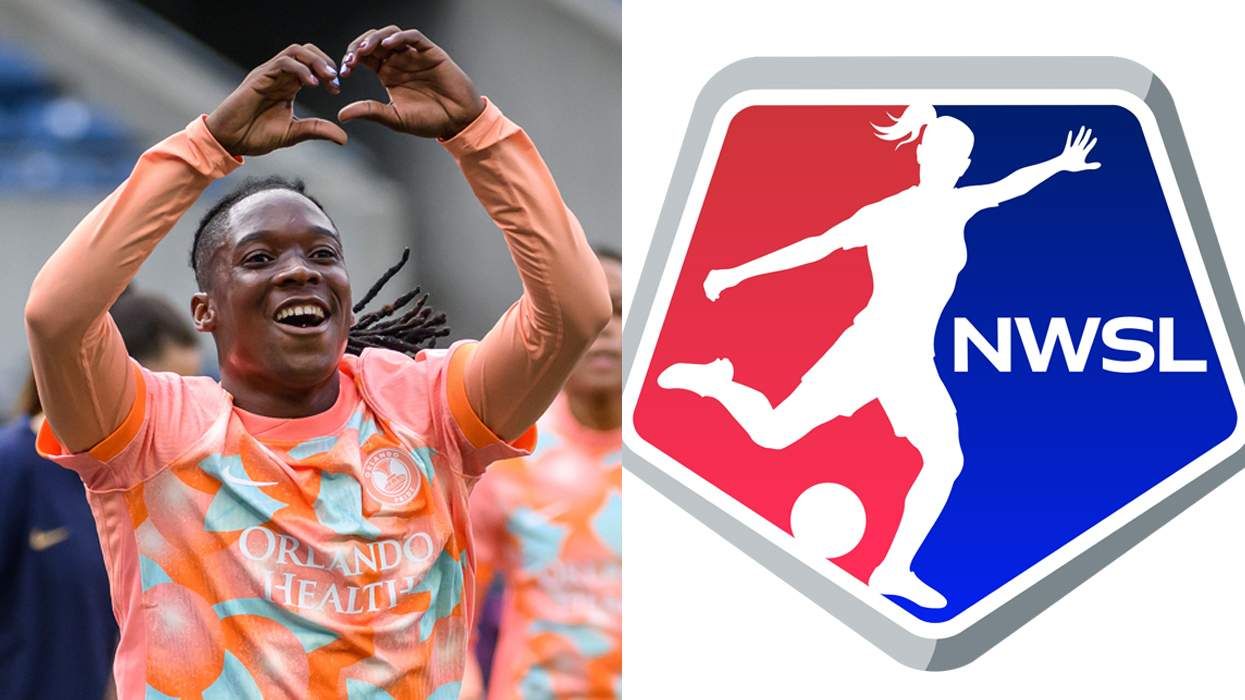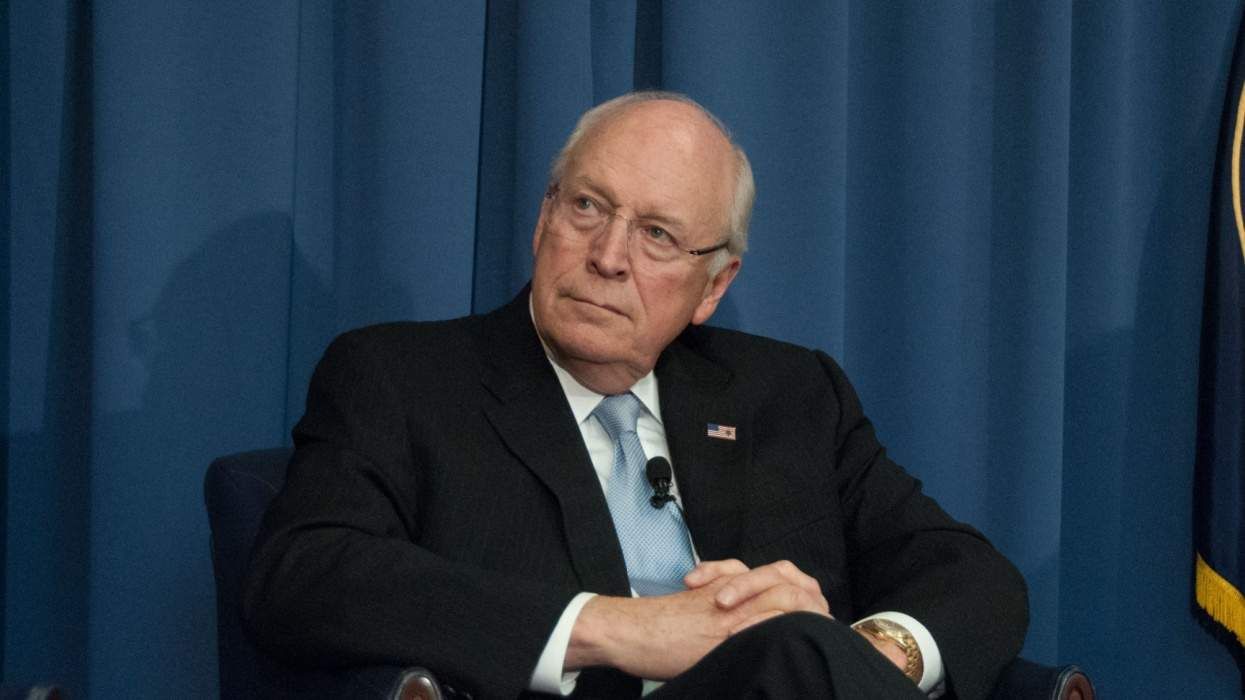Forget the
pleasantries. The criticism grows sharper by the day in the
race for the Republican presidential nomination.
The reason: Rudy
Giuliani, Mitt Romney, John McCain, and Fred Thompson
are bunched at the top and trying to emerge with voting to
begin in just a matter of weeks.
''We're now into
a 90-day sprint, and each of the campaigns is struggling
for a strategy,'' said Scott Reed, Republican Bob Dole's
1996 campaign manager. ''Who do they take out, who do
they go after, and who do they risk alienating by
being the aggressor? They're all trying to figure that
out.''
There is obvious
risk.
Howard Dean and
Dick Gephardt went negative in the 2004 Democratic
primary, and their strategies backfired. They lost when
voters gravitated toward above-the-fray candidates
John Kerry and John Edwards.
Four years later,
the leading Republican candidates -- Thompson,
Giuliani, Romney, and McCain -- are keenly aware that
criticizing one another could turn off a certain
Republican segment and boost their own negative images
in voters' minds.
But given the
current circumstances, all of them, to varying degrees,
figure the risk is worth the potential benefit -- breaking
out of the pack to become the clear front-runner.
So they are
taking on one another with increased frequency and
heightened ferocity. Thus far, the criticism largely
has been limited to rhetoric. Some candidates have
poked at their rivals in a handful of radio
commercials, but the contrasts have been subtle. None has
run negative television ads. Yet.
On Monday,
Thompson became the latest candidate to criticize.
The former
Tennessee senator suggested the former New York mayor, a
onetime Democrat who backs abortion rights and gay rights,
was a liberal, and questioned his loyalty to the
Republicans.
''Some think the
way to beat the Democrats next year is to be more like
them. I could not disagree more,'' Thompson said without
naming Giuliani during a speech to the Conservative
Party of New York. ''My friends, I suggest it's not
time for psychological flexibilities in terms of our
principles. That's the surefire way of making sure we don't
win.''
He was more
direct in a television interview with Fox News Channel,
saying, ''I don't think that the mayor has ever claimed to
be a conservative.'' Then he noted that Giuliani
sought and won the Liberal Party's endorsement in his
first mayoral race, and that while in office he broke
from the Republican Party to back Democratic New York
governor Mario Cuomo for reelection.
Giuliani, in
turn, dispatched a senior aide to issue a statement critical
of Thompson, who has no executive experience and few Senate
accomplishments. He also sent a former deputy mayor to prod
the Law & Order star.
''Some candidates
talk the talk about Republican principles. Others
actually have a proven track record of governing according
to Republican principles,'' said Randy Mastro, who
served Giuliani as mayor.
Mindful of the
possible pitfalls of going negative, Giuliani says he has
tried to stick to what he calls Ronald Reagan's 11th
commandment of not criticizing a member of his own
party. Typically, he assails his Republican opponents
only after they go after him. To keep that clean
appearance, he sometimes dispatches aides and surrogates to
do the dirty work.
National polls
show Giuliani maintaining his lead but Thompson giving him
a chase. A state-by-state look shows Romney leading in Iowa,
while races in other important states like New
Hampshire, Michigan and South Carolina are toss-ups.
Explaining the
negativity, Whit Ayres, a Republican pollster, said,
''It's still anybody's ball game at this point.''
''They all are
trying to draw distinctions when there are relatively few
policy differences among them on the main issues of the
day'' -- Iraq and terrorism among them, he said. Thus,
Ayres said, the candidates are focused on other areas
like leadership, backgrounds, character, and history.
In the
tit-for-tat over the past week:
-McCain,
the Arizona senator looking to continue gaining ground in
New Hampshire and curtail Romney's standing there,
took issue with Romney's remark that ''I do speak for
the Republican wing of the Republican Party.'' McCain
recalled Romney's past support for Democratic candidates
and moderate politics in Massachusetts, saying, ''Being a
Republican wasn't much of a priority for him.''
Thompson got in the act with an aide issuing a
statement critical of Romney.
-Romney
and Giuliani squabbled over taxes and spending during a
debate in Michigan. Romney criticized Giuliani for
challenging a law that gave President Bill Clinton the
right to veto spending items line by line. Giuliani
said spending fell in New York while he was mayor and rose
in Massachusetts while Romney was governor. Later,
McCain argued that neither was innocent of raising
taxes, and he too criticized Giuliani on the line-item
veto challenge.
-Giuliani,
through surrogates and aides, accused Romney of having a
lawyers test for going to war, based on Romney's comments
during the debate. In turn, Romney countered, ''If
there's somebody that wants to talk about suing and
lawyering, the mayor gets first place.'' He rattled
off a host of lawsuits Giuliani filed during his two terms
as New York mayor.
More contrasts
are likely this week. The Republican hopefuls gather in
Washington to speak at events hosted by four influential
party or allied groups. (Liz Sidoti, AP)

































































Charlie Kirk DID say stoning gay people was the 'perfect law' — and these other heinous quotes